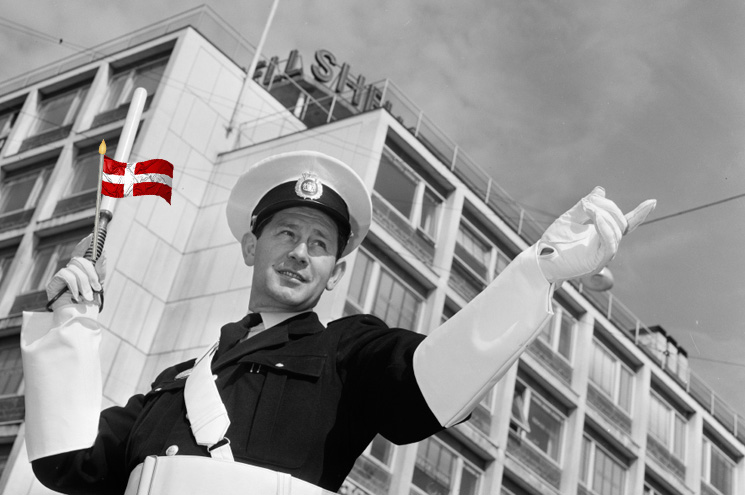I was in London this week, and did a little fall wardrobe shopping. I got tired after walking for awhile, and it was lunchtime, so I sat down in a pub. I had a beer and a fish and chips and a British guy next to me was also having a beer and fish and chips and so we just chatted through lunch. We talked about politics, the weather, the job market. After lunch, we waved goodbye and I went back to shopping. It was a fun lunch, but I never found out his name.
The reason I mention this is that it never could have happened in Denmark. Danes don’t talk to strangers. They talk to their friends. The idea of a casual lunch with someone you will never see again makes no sense to them.




